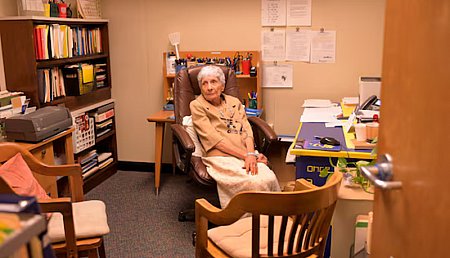 Photo: Anna Shvets | Pexels
Photo: Anna Shvets | Pexels
To low-income groups without access to traditional capital, the social goals and impact of alternative currencies are apparent. Groceries in exchange for some hours of work in the kitchen of a co-op restaurant, growing the vegetables in a community garden which are then donated to the food bank that they themselves frequent -- many economies are experimenting with local currencies that can facilitate such transactions. Complementary currencies such as Berkshares in Massachusetts keep money in the local community, forming strong partnerships between banks and local businesses. They are also not subjected to the vagaries and fluctuations of the national currency systems. While such alternative currencies have a checkered history around the world, the pandemic has rekindled interest and debates about their relative merits and demerits.
More:














